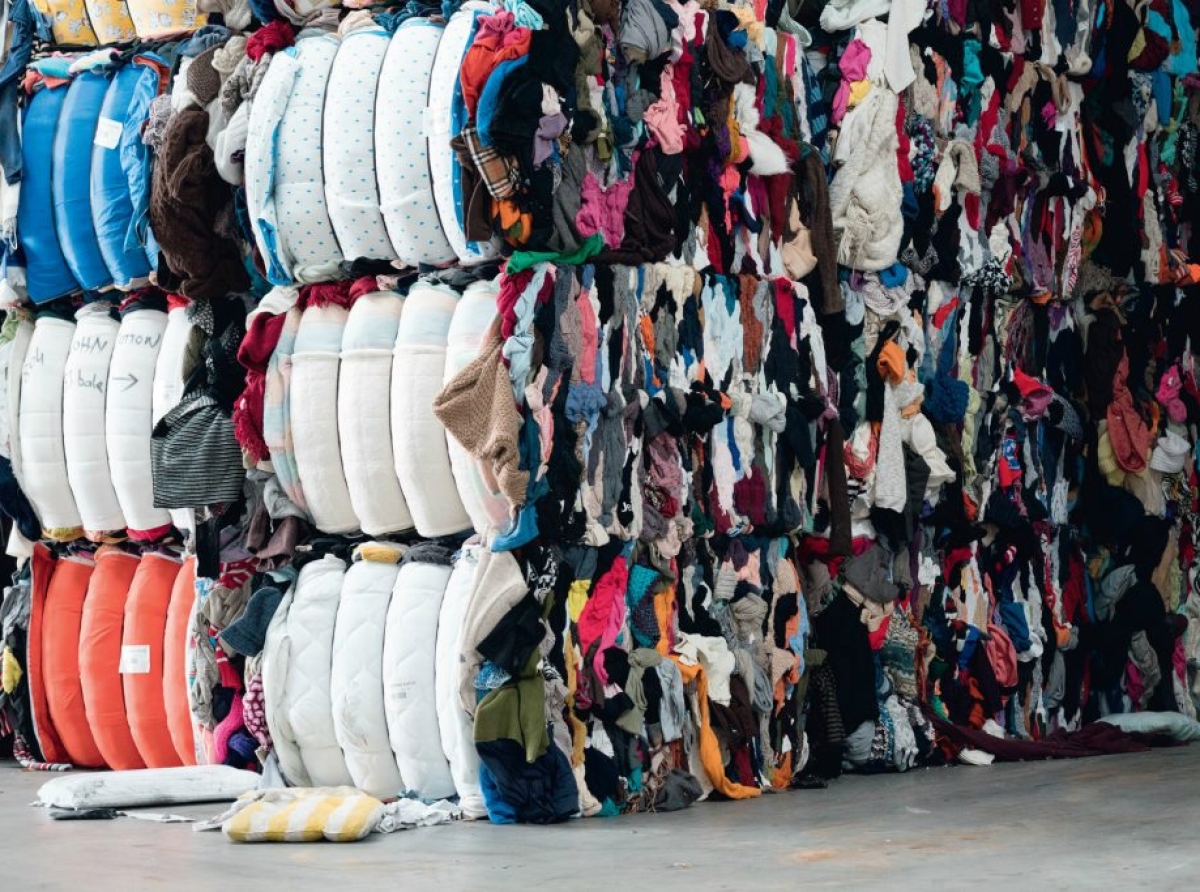10 August 2023, Mumbai
The secondhand clothing industry in Central America is booming, thanks to a combination of affordable prices and growing environmental concerns.
Reference to context
The pandemic has changed the age-old, shabby, and worn-out image of secondhand fashion and encouraged young fashionistas to embrace pre-worn or used clothes.
In recent years, there has been a sharp increase in the demand for secondhand clothing in Central America.
This is due in part to the region's high poverty rates, which make it difficult for many people to afford new clothes.
Secondhand clothing is often much cheaper than new clothing, making it a more affordable option for many people.
Affordable Prices, Environmental Concerns Drive Growth
In addition to affordability, environmental concerns are also driving the growth of the secondhand clothing industry in Central America.
Many people are becoming more aware of the environmental impact of the fashion industry, and are looking for ways to reduce their consumption of new clothes.
Secondhand clothing is a great way to do this, as it helps to reduce the amount of waste produced by the fashion industry.
Incidental growth
The growth of the secondhand clothing industry in Central America is creating new opportunities for both businesses and consumers.
Businesses are opening up new thrift stores and online marketplaces to sell secondhand clothing.
Consumers are finding great deals on high-quality clothes, and are helping to reduce their environmental impact at the same time.
Inclusivity
The secondhand clothing market is expected to continue to grow in Central America in the coming years.
This is a positive trend, as it will help to make affordable clothing more accessible to people in the region, and it will also help to reduce the environmental impact of the fashion industry.
Here are some additional details from the essay that could be included in the rewrite:
The secondhand clothing industry in Central America is worth an estimated $274 million.
The industry is expected to create over three million jobs in the region by the early 2040s.
What's what
The growth of the secondhand clothing market is being driven by several factors, including rising disposable incomes, increasing environmental awareness, and the availability of online marketplaces.
The secondhand clothing industry is helping to reduce the environmental impact of the fashion industry by diverting used clothing from landfills and incinerators.
Secondhand clothing is also a more affordable option for people in Central America, who often have limited resources.

























